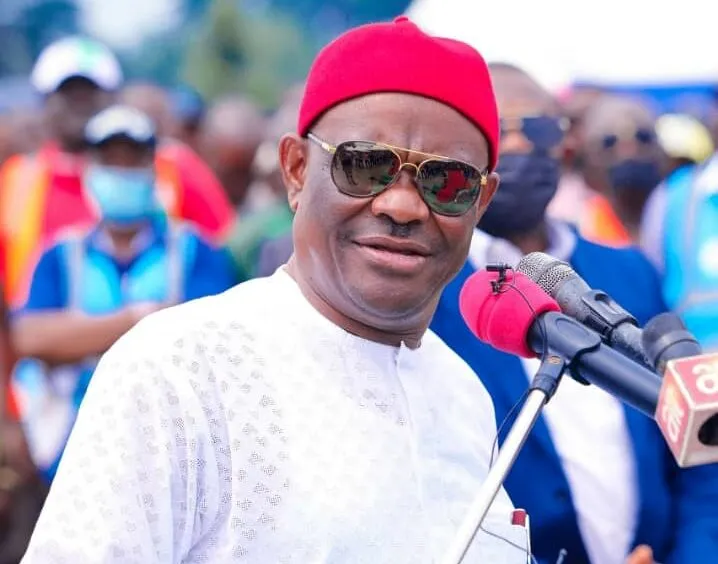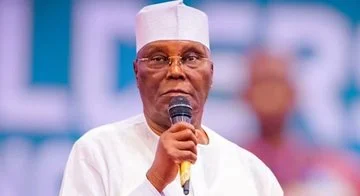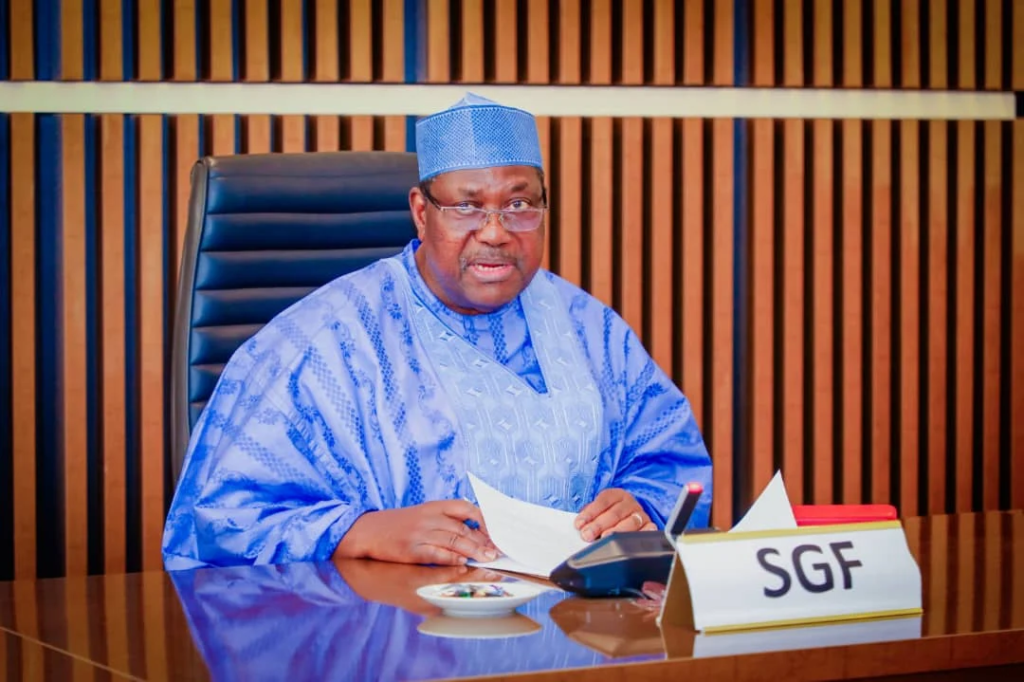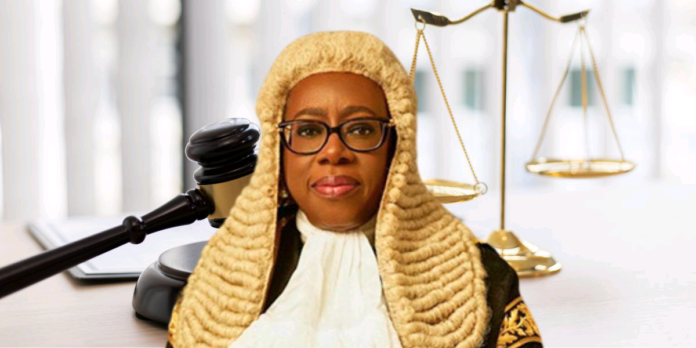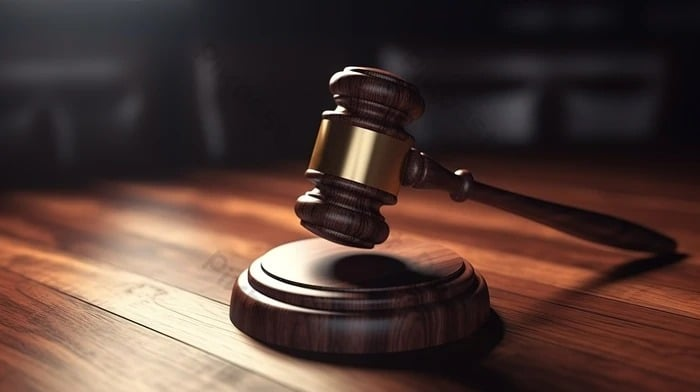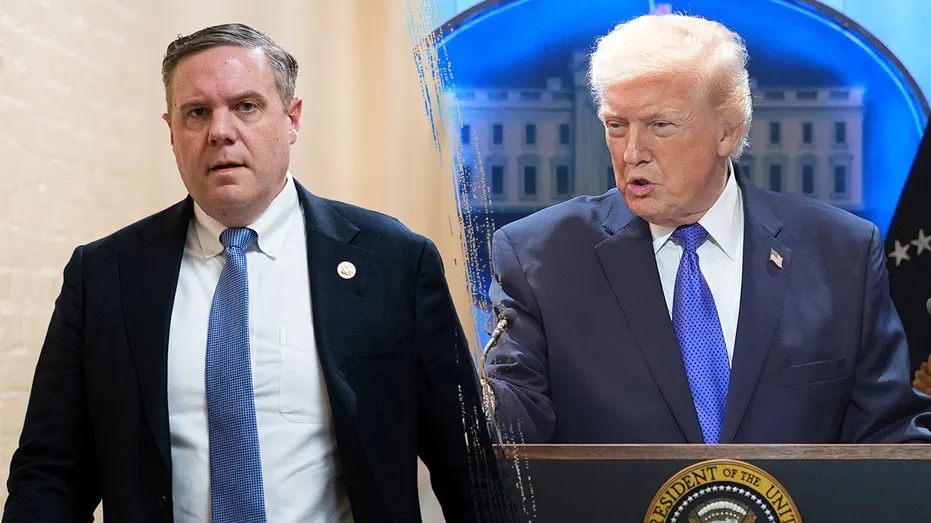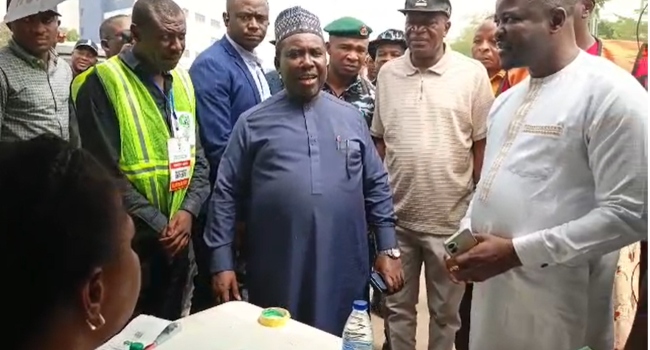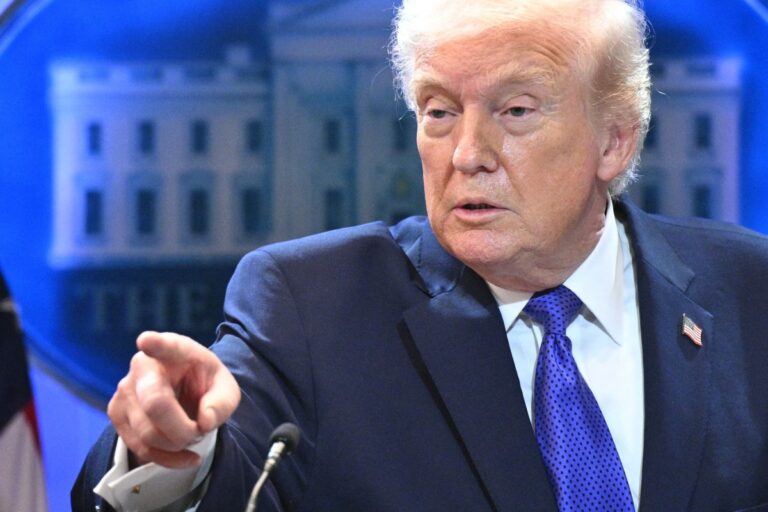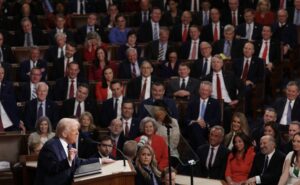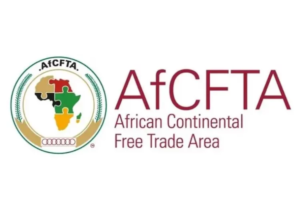President-elect Donald Trump has filed a petition with the US Supreme Court seeking to postpone the enforcement of a nationwide TikTok ban, expressing his intent to pursue a “political resolution” to the dispute after his inauguration.
In a legal brief submitted on Friday, Trump’s legal team argued that the incoming president “opposes banning TikTok” and plans to address the matter “through political means” once in office.
The Supreme Court is set to hear arguments on January 10 regarding a controversial US law that mandates TikTok’s Chinese parent company, ByteDance, to divest its American operations or face a complete ban. The ban is currently slated to take effect on January 19, one day before Trump’s inauguration.
The legislation, passed by Congress in April and signed into law by President Joe Biden, cites national security concerns tied to TikTok’s Chinese ownership. US officials and lawmakers allege that ByteDance maintains ties to the Chinese government, claims the company strongly denies. TikTok, which boasts over 170 million users in the US, has faced mounting scrutiny over these allegations.
TikTok and ByteDance have mounted several legal challenges against the law, arguing it infringes on free speech protections guaranteed by the US Constitution. However, these efforts have largely been unsuccessful.
In the Supreme Court filing, Trump’s legal team characterized the case as presenting “an unprecedented, novel, and difficult tension between free-speech rights and national security concerns.” While Trump did not take a definitive stance on the merits of the case, he urged the court to delay the ban’s enforcement to allow his administration time to negotiate a political solution.
The US Justice Department and nearly two dozen state attorneys general, led by Montana Attorney General Austin Knudsen, have supported the legislation, emphasizing alleged national security risks associated with TikTok’s Chinese ownership. A federal appeals court recently upheld the law, calling it the result of “extensive, bipartisan action by Congress and successive presidents.”
Trump’s stance marks a shift from his first term when he supported banning TikTok over similar concerns. He recently expressed a softer tone, stating, “I have a warm spot in my heart for TikTok because I won youth by 34 points.” However, official data shows that younger voters predominantly backed his opponent, Vice President Kamala Harris.
The Supreme Court’s decision on January 10 will likely determine TikTok’s fate, with the ban’s implementation just days away.














